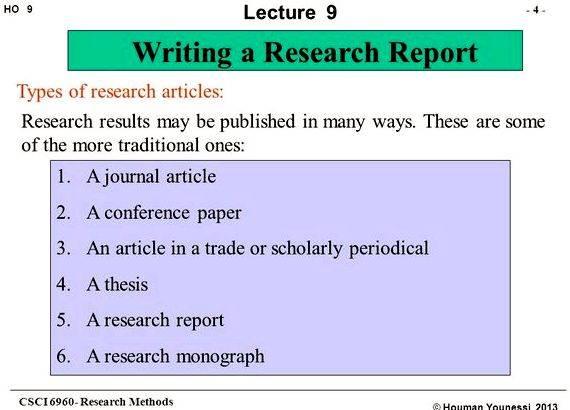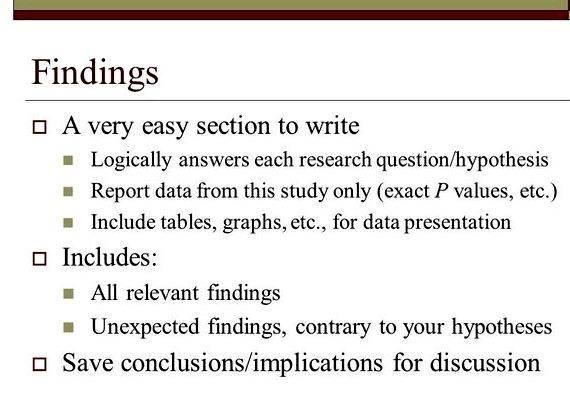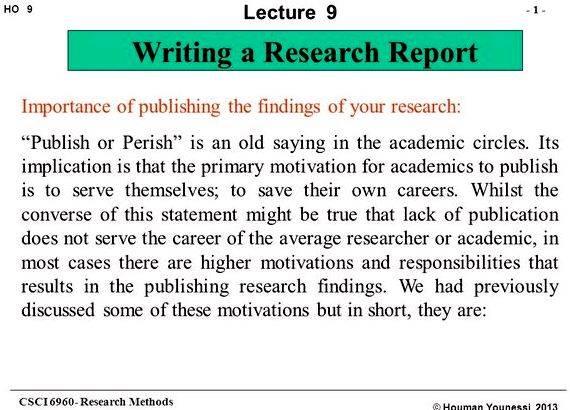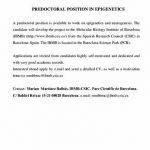Discuss your findings
In the discussion of your findings you have an opportunity to develop the story you found in the data, making connections between the results of your analysis and existing theory and research. While the amount of discussion required in a thesis may vary according to discipline, all disciplines expect some interpretation of the findings that makes these connections.
Research question
In your discussion you must draw together your research question and your own research results. If the discussion is in a self-contained chapter or section you will need to briefly summarise the major findings that come from the research and relate them to what you originally proposed to find out. If your research is testing a hypothesis, you need to answer these questions:
- Do your research findings support your initial hypothesis? Why and how?
- Do your findings only support the hypothesis in part? Why and how?
- Do your findings disprove your hypothesis? Why and how?
- What else do your findings tell you, over and above what you initially set out to investigate?
Relation to other research
Since one of the requirements of a doctorate is to make a contribution to knowledge, it is essential to show how your results fit in with other work that has been done in your field.
- Point out the agreements and disagreements between your data and that of others.
- In presenting your own interpretation of the results, consider the strengths and weaknesses of alternative interpretations from the literature.
Implications
Another aspect of making clear the contribution of your research is to draw out the implications of your findings. Depending on the nature or your research, these will probably be related to
- current theory
- technical applications
- professional practice
Writing your discussion
The skill in writing a successful discussion is in moving backwards and forwards between others’ research and your own research, making it clear
- which has been done by other people
- which has been done by you
- and how they complement each other.
How do you differentiate your own research from previous research?
- You might use the first person to describe your findings, e.g. ‘My data shows. ‘ ;
- You might need to consistently refer to your own research as ‘This study..’ ‘The findings of this research. ‘ and referring to previous research as by name, place or time: ‘Smith and Geva found that. ‘; A previous study in Belgrade. ‘; or by reference to similarities or differences in approach or findings ‘Similar research carried out in the 1980s showed that. ‘ .
- You might need to consistently refer to your own research in the present tense and other research in the past, e.g. ‘This study shows a prevalence rate of 2.5 which is greater than that found by Smith and Geva in their Belgrade study. ‘ (Alternatively you might use the present perfect to highlight the recent relevance of your research in comparison with earlier research which would then be placed in the simple past, eg: ‘This study has shown a prevalence rate of 2.5 which is greater than that found by Smith and Geva in their Belgrade study. ‘ )
Remember that you are dealing with three different issues and the three must be clearly differentiated for the reader.

Download a printable version of this page.
Problems? Questions? Comments? Please provide us feedback.






 Phd in creative writing fsu basketball
Phd in creative writing fsu basketball Fiction writing problems and hypothesis
Fiction writing problems and hypothesis Academy of experts model report writing
Academy of experts model report writing Writing a mystery novel outline
Writing a mystery novel outline Lucifer the light bearer strange and mysterious writing
Lucifer the light bearer strange and mysterious writing






